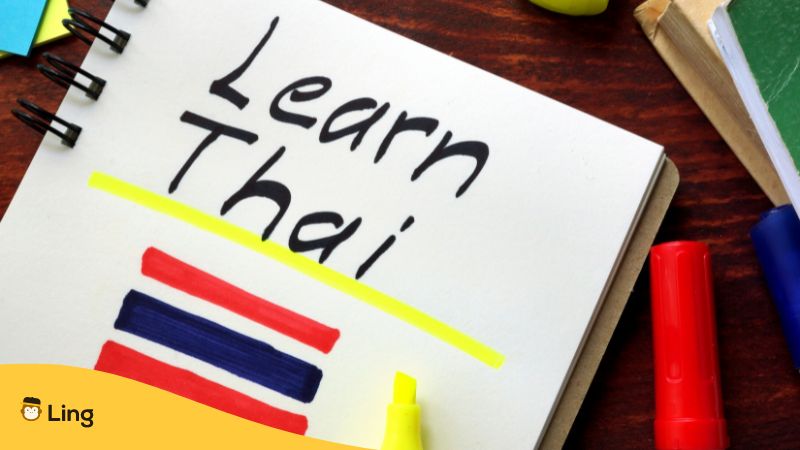Picture this: An eager exchange student arrives in the vibrant land of Thailand, ready to immerse themselves in the rich culture and language. Armed with a Thai phrasebook and a dash of confidence, they approach their first conversation with a local. But as soon as the native speaker utters a stream of seemingly never-ending, compound words in Thai, our exchange student’s excitement quickly turns into bewilderment. Confusion engulfs their face like a cloud on a sunny day.
Welcome to the whimsical world of compound words in Thai! These linguistic marvels may leave even the most intrepid language learners scratching their heads in bemusement. In Thai, compound words are like culinary masterpieces—ingredients tossed together to create a harmonious fusion of meaning.
Join us on a delightful journey as we unravel the mysteries of Thai compound words, uncovering their hidden humor and linguistic treasures. Prepare to be tickled, amused, and, of course, a little lost in laughter as we navigate the enchanting realm of Thai language quirks. Let’s dive in and discover the humorous side of Thai compound words that will have you giggling your way to language proficiency!
The Concept Of Compound Words In Thai
In Thai grammar, compound words, known as tamlung or sàmākǎn, are used commonly. They are formed by combining two or more words to create a new one with a distinct meaning. The combination of these individual words allows for a more precise and concise expression of ideas. Thai compound words can be formed by combining nouns, verbs, adjectives, adverbs, and other parts of speech.
Compound words in the Thai language are formed by putting two or more words together without spaces in between. Unlike English, where compounds are often written as separate words or with hyphens, Thai compounds are written as a single word. The combination of words can involve various types of relationships, such as possession, action, description, or purpose. Here are some examples.
The compound word nạkreīyn (นักเรียน) is formed by combining nạk (นัก), meaning ‘person’ and reīyn (เรียน), meaning ‘to study.’ Together, they form nạkreīyn, which means ‘student.’
Another example is R̂ān xāh̄ār (ร้านอาหาร), formed by combining R̂ān (ร้าน), meaning ‘shop’ or ‘store’ and xāh̄ār (อาหาร), meaning ‘food.’ This compound word means ‘restaurant’, or ‘food shop’, if you please.
Thai compound words can also be longer and more complex. For instance, kickrrm th̀xngtheī̀yw (กิจกรรมท่องเที่ยว) combines kickrrm (กิจกรรม), meaning ‘activity’ or ‘event,’ and th̀xngtheī̀yw (ท่องเที่ยว), meaning ‘travel’ or ‘tourism.’ The resulting compound word has the dictionary meaning ‘tourism activities’ or ‘tourist events.’

List Of Compound Words In The Thai Language

Wrap It Up
Thai compound words play an important role in everyday conversation, written texts, and formal contexts. They allow for efficient communication and enable speakers to convey complex ideas concisely. Understanding compound words is crucial for acquiring proficiency in the Thai language and for comprehending written and spoken Thai in various contexts.
Learn Thai With Ling
Want to learn more such grammar lessons? Get the Ling app, pronto! This language-learning app makes mastering a new language an enjoyable adventure! With its gamified interface, you’ll embark upon an immersive journey while leveling up your language skills. Choose from over 60 languages and dive into bite-sized lessons that fit perfectly into your busy schedule. Forget about boring textbooks; Ling brings learning to life with fun quizzes that test your knowledge and keep you engaged every step of the way.
Practice your pronunciation with audio exercises featuring native speaker voices, ensuring you sound like a local. Whether you’re a beginner or an advanced learner, Ling has something for everyone. Don’t miss out on this incredible opportunity to expand your horizons.
Download the free app now – either from Google Play Store or App Store – and start your linguistic journey today!


































































